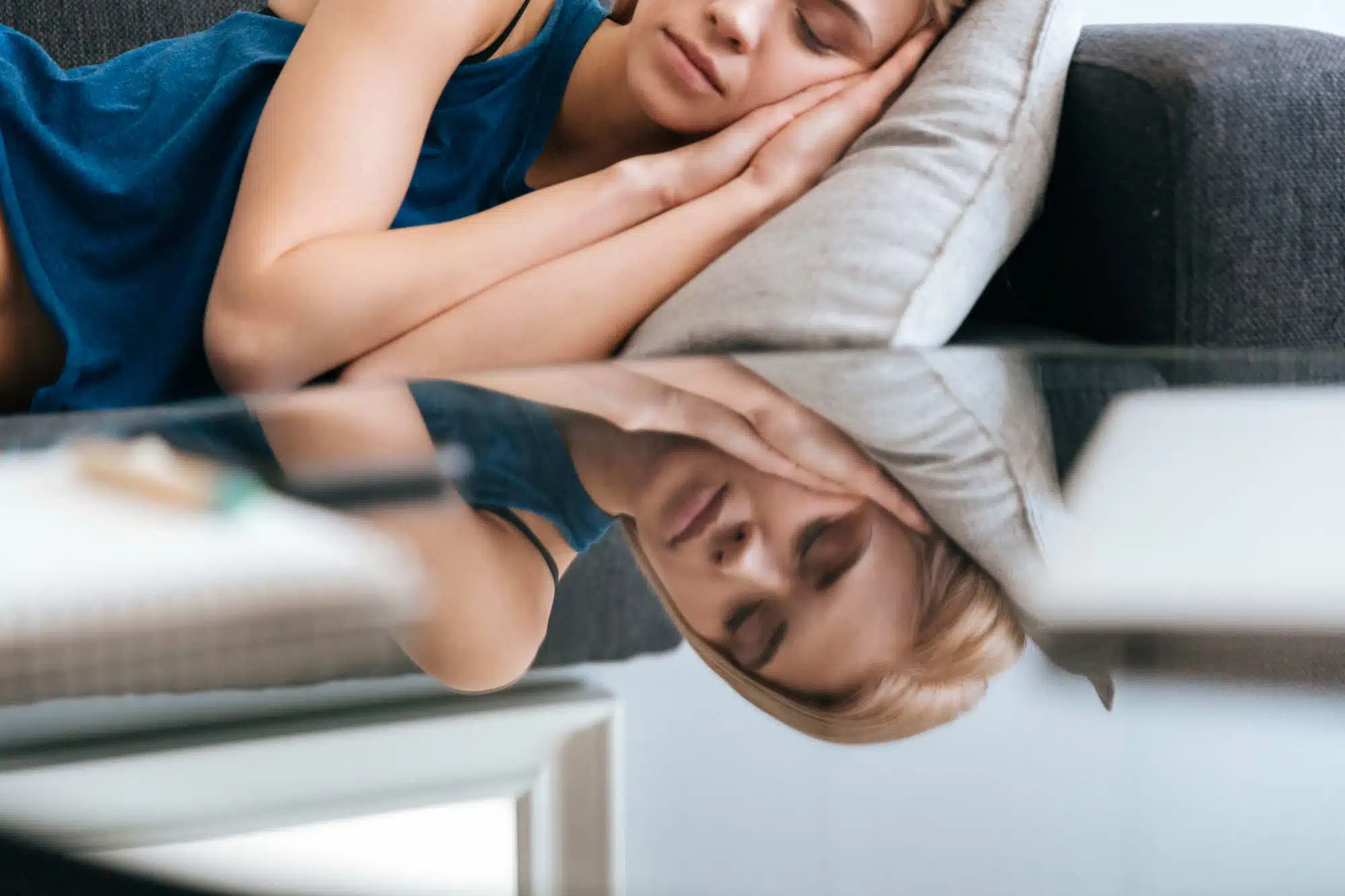Women are often praised for their multitasking abilities, so perhaps it’s no surprise that menopause comes with a long list of symptoms to keep us on our toes.
So what are the symptoms?
Well there’s the classic hot flushes (find out more here) and night sweats and as many as 75% of women experience menopause induced sleep issues. But changes in hormones go beyond this and impact your way of thinking, feeling and being. That’s because everyday many biological processes beautifully orchestrate to keep you feeling good. 400 hundred of those rely on oestrogen and in fact oestrogen is found in every cell of the female anatomy. It’s little wonder that when oestrogen levels wane during the perimenopause and menopause that this impacts our sleep and lives so deeply.
To make matters worse, when it comes to menopause symptoms 2+2 does not equal 4. Instead each symptom often leads to or intensifies another: hot flushes, for example, may trigger stress and so your body begins a cascade of responses including the release of adrenaline and cortisol. These natural chemicals disrupt your sleep and further increase the chance of hot flushes which wake you during the night. It’s common to become anxious with racing thoughts and palpitations making it difficult to fall back to sleep.
Why is sleep important?
Sleep is one of our many natural rhythms that relies on a sequence of natural chemicals released in synchronicity. But there are many factors that can impair this process such as anxiety and stress – two symptoms that menopause makes us more susceptible too.
Once your sleep is compromised your body goes into survival mode where digestion, reproduction and growth are no longer a priority. So weight gain, loss of libido and inferior health may be experienced. Our cognitive functioning is hindered, energy is low, and the brain is negatively driven, which affects your thoughts, feelings and actions. In its simplest term that means grabbing for a doughnut instead of nutritious food. At a deeper level, up to 80% of your 60,000 daily thoughts are subversive. Here’s the rub, our brain cannot tell the difference between reality and perceived or imagined stress so all that negativity has a physical effect on your health.
What can you do?
There is a way through this though. although it is not a one size fits all approach, or a list of generic advice. The solution is a nuanced approach.. Yes there are a few general points that will help many women but if you want to thrive rather than survive your menopause years and sleepless nights then it’s worth investing in your health and seeking expert advice.
If you’re struggling to sleep and can relate to any of these issues then get in touch. I offer a complimentary discovery call so I can learn more about you. If you’re suitable for my program we can book you in from there. Or you can learn more about how to conquer insomnia and sleep issues here.

